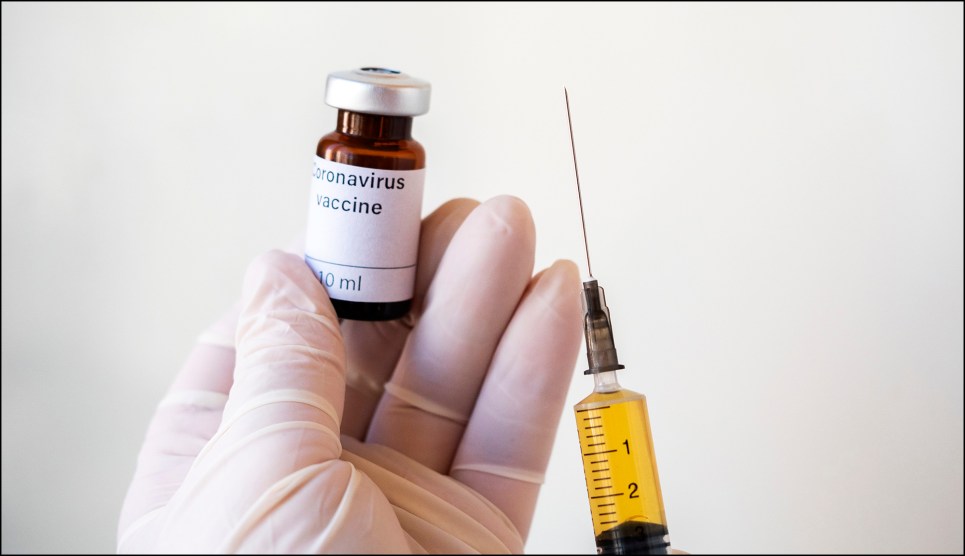
Igor Golovniov/SOPA Images via ZUMA
You have perhaps seen on news programs that there are already several dozen potential coronavirus vaccines in development already. Some of them have even been given to people! So what’s the deal with the 12-18 month timeline to get them ready for widespread deployment? Here’s a quick primer:
Most vaccines work by using a weakened or dead version of the virus, which stimulates your immune system into creating antibodies without actually making you sick. However, it generally takes 3-6 months just to develop these attenuated viruses, and we don’t have the time for that.
- So instead many groups are developing vaccines based on RNA or DNA that directly recreate the proteins found on the coronavirus surface, which should trigger your immune system into creating antibodies. Unfortunately, this has never been done before and no one knows for sure if it will work. It will take 3-6 months to perform animal testing that determines whether this kind of vaccine really does trigger the immune system adequately.
- Coronaviruses have an odd property that can cause vaccines to make things worse, rather than better. This happened with some trial vaccines for SARS, for example. Testing to make sure this doesn’t happen eats up another three months.
- Then you have to test for safety. This is a Phase 1 clinical trial and it’s important. We’ve had experience with vaccines that turned out to be deadly, and this phase of testing needs to demonstrate that the vaccine really is safer than just getting COVID-19 in the first place. Even at an accelerated pace, this eats up another 3-6 months.
- Then you need a Phase 2 trial that checks to see if the vaccine actually produces immune system activity in humans. If it does, it’s possible that it would be approved for emergency use while final trials were taking place. This is yet another 3-6 months.
- Finally, you need to manufacture billions of doses. Even if manufacturing facilities are pre-built and ready to go, this is almost certainly another 3-6 months.
This adds up to 15-27 months. Since new techniques are being used and we have never developed a coronavirus vaccine before, the low end of this estimate is unlikely. Even with lots of different groups pursuing lots of different avenues, 18-24 months is a lot more likely. Maybe a little less for emergency use on a smallish number of people. (And who would pick these lucky folks?) Maybe more if we’re being too optimistic about how well these trials will go.

















